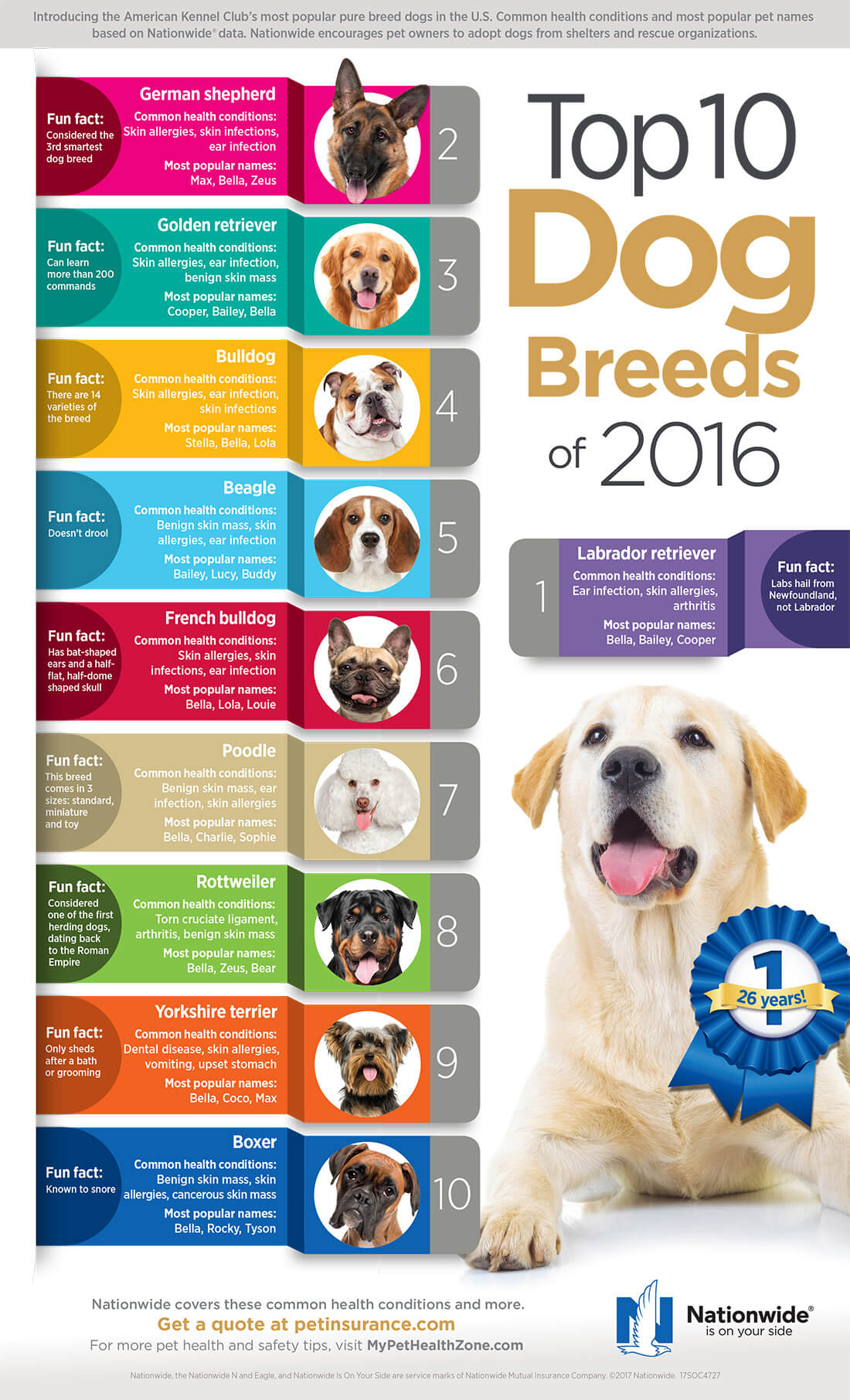Dogs in childcare obtain lots of exercise, socializing with various other canines and unique experiences. This can be specifically practical for young puppies and dogs with behavior problems.
There are a number of lawful factors to consider you require to consider when starting a dog childcare organization. These include the structure of your company and conformity with federal government laws.
1. Canine Distemper
Canine distemper is spread through direct contact with the bodily fluids and waste of an infected pet dog, yet it can additionally be sent via shared water and food bowls or through airborne droplets. This highly contagious disease is most harmful for young puppies, however it can affect pet dogs of any type of age and is deadly for the majority of if left unattended.
Initial symptoms of canine distemper often mimic a common cold, including runny eyes and nose with watery or pus-like discharge. As the disease progresses, a dog will develop fever, coughing, reduced appetite, vomiting and diarrhea. The virus can likewise assault the nerve system, resulting in seizures, twitching and partial or complete paralysis.
Trusted day cares decrease exposure to infection by requiring inoculations, regular health examinations and adhere to stringent hygiene procedures. If your pup seems overly tired or hopping, a day off might assist him recuperate, however you ought to avoid taking him back to daycare till these signs and symptoms clear.
2. Kennel Coughing
Kennel coughing, likewise known as infectious canine tracheobronchitis or Bordetella, is a highly contagious viral or microbial illness that impacts the breathing tract. It's commonly moved via the exchange of saliva or air beads that a sick dog breathes out. Social pets go to higher risk for infection due to their constant communication with each other, such as when they play, share food or water, sniff one another or merely fulfill in a congested atmosphere like a canine park or childcare.
One of the most typical symptom of kennel cough is a relentless and powerful cough that sounds like something embeded the throat or retching. Commonly, pet dogs will cough up foamy white phlegm. If left without treatment, a canine can develop pneumonia and go to major risk permanently.
A trustworthy childcare center ought to have strict cleansing and cleanliness protocols, disinfect all playthings, food and water bowls frequently, and be open about their inoculation plans. Keeping your pet approximately day on their inoculations, specifically for bordetella and canine flu, will considerably decrease their chances of getting the disease.
3. Parvovirus
Canine parvovirus, or parvo, is a very infectious viral disease that can be harmful for young puppies and young adult pets with bad body immune systems. It's most frequently spread by straight contact with polluted dog feces-- which can occur when canines smell, lick, or taste infected feces-- and indirectly from polluted people, things, or atmospheres (like kennels, brushing spaces and lawns). Pups and dogs board dogs near me without full vaccination backgrounds are particularly susceptible to parvo.
The infection is extremely resistant, surviving in the setting for as much as 9 years, and can easily be moved between pets by get in touch with via feces or on shoes, apparel, and bed linen infected with parvovirus. If not dealt with instantly with IV liquids, electrolyte balance, throwing up control medications and prescription antibiotics to prevent additional microbial infections, a canine will swiftly dehydrate and create severe looseness of the bowels, which leads to shock and sepsis. Parvo is hard to treat as soon as a canine has actually become ill, however with ideal veterinary treatment, many puppies do endure this illness.
4. Dog Flu
Canine flu infection is extremely transmittable and spreads through straight call, sharing food and water bowls, licking or nuzzling other pet dogs, through airborne beads, and through polluted surface areas. Vaccination works in lowering the risk of infection and break outs.
Most impacted pets develop a moderate respiratory system infection with a cough that lasts 1-3 weeks. They might additionally have nasal and ocular discharge, sneezing, and sleepiness. Several of the most severe instances result in pneumonia and a high fever.
If your canine shows any of these signs, do not bring them back to day care till they are healthy. If your pet dog is revealing signs of extreme exhaustion or hopping, speak with your veterinarian today and ensure they get on healthiness supplements to help build their resistance. A vet will assess your pet dog for signs and symptoms of the flu by taking a sample from the nose or throat, and blood examinations can be done to validate.
